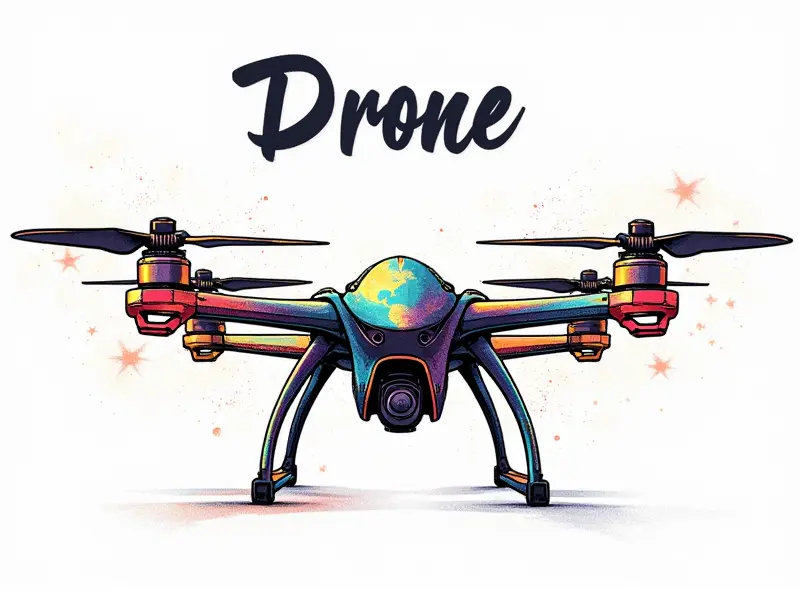Is bigger battery better?

Is Bigger Always Better for RC Batteries?
When it comes to remote control (RC) drones, one of the most critical components is the battery. The size and capacity of your drone's battery can significantly impact its performance, flight time, and overall usability. However, does bigger always mean better? This article delves into the nuances of RC batteries to help you make an informed decision.
Does More Capacity Mean Better Flight?
The primary advantage of a larger capacity battery is extended flight times. With more energy stored in the battery, your drone can stay airborne longer without needing a recharge. This is particularly beneficial for pilots who engage in long-distance flights or require sustained operation over large areas.
Pros & Cons of Big Batteries
- Pros:
- Extended flight duration
- Greater range and coverage area
- Cons:
- Increased weight, affecting maneuverability and performance
- Potential overheating issues during prolonged use
Trade-offs with Large RC Batteries
Bigger batteries come with trade-offs. A heavier battery can compromise the drone's agility and responsiveness, making it less suitable for dynamic flying conditions or acrobatic maneuvers. Additionally, larger batteries may not fit into smaller drones, limiting design flexibility.
Larger Batteries: Worth the Weight?
The value of a large battery depends on your specific needs. If you prioritize extended flight times and are willing to sacrifice some agility, then a bigger battery might be worth it. However, if maneuverability is crucial for your flying style, you may want to opt for a more balanced solution.
Maximizing Flight Time with Big Batteries
To get the most out of large batteries, consider optimizing other aspects of your drone's performance:
- Use efficient propellers and motors
- Optimize firmware settings for power conservation
- Implement lightweight materials in construction
Optimal Battery Size for RC Drones
The ideal battery size varies based on your drone's intended use:
- Surveying and Mapping: Larger batteries to cover extensive areas.
- Racing and Aerobatics: Smaller, lighter batteries for quick response times.
When Bigger Batteries Fall Short
In certain scenarios, larger batteries may not be advantageous:
- Limited space in compact drones
- Necessity of agile maneuvers and rapid turns
- Battery overheating issues due to prolonged use
Does Size Matter in Drone Batteries?
The answer is nuanced. Battery size matters based on your specific flying requirements. Understanding the balance between capacity, weight, and performance can help you choose the right battery for your drone.
The Impact of Battery Size on Performance
A larger battery affects various aspects of performance:
- Flight duration: Directly proportional to battery size
- Mobility: Inversely related to weight and bulkiness
- Thermal management: Larger batteries can lead to overheating issues
Balancing Battery Size and Performance
To achieve the best performance, consider a balanced approach:
- Select battery size based on intended use (long flights vs. agility)
- Optimize other components for efficiency
- Monitor thermal conditions during operation
Conclusion
In summary, while larger batteries can extend flight times and cover more ground, they also come with trade-offs in terms of weight and maneuverability. The ideal battery size depends on your specific needs and flying style. By carefully considering these factors, you can optimize your RC drone's performance to meet your requirements.

